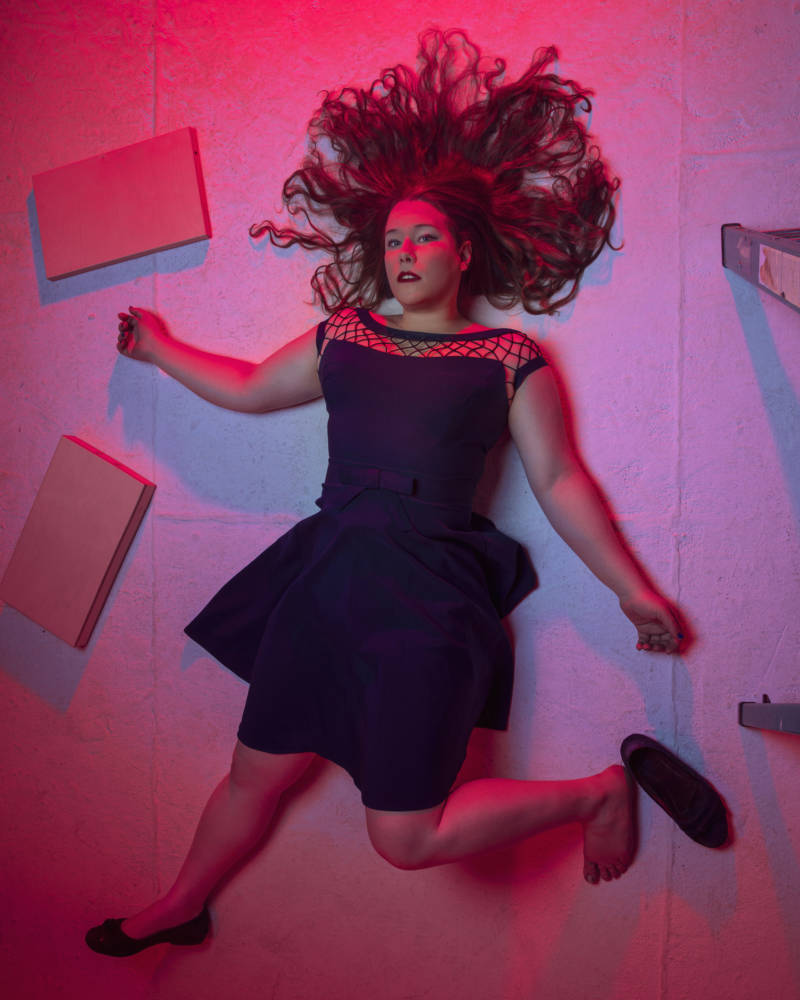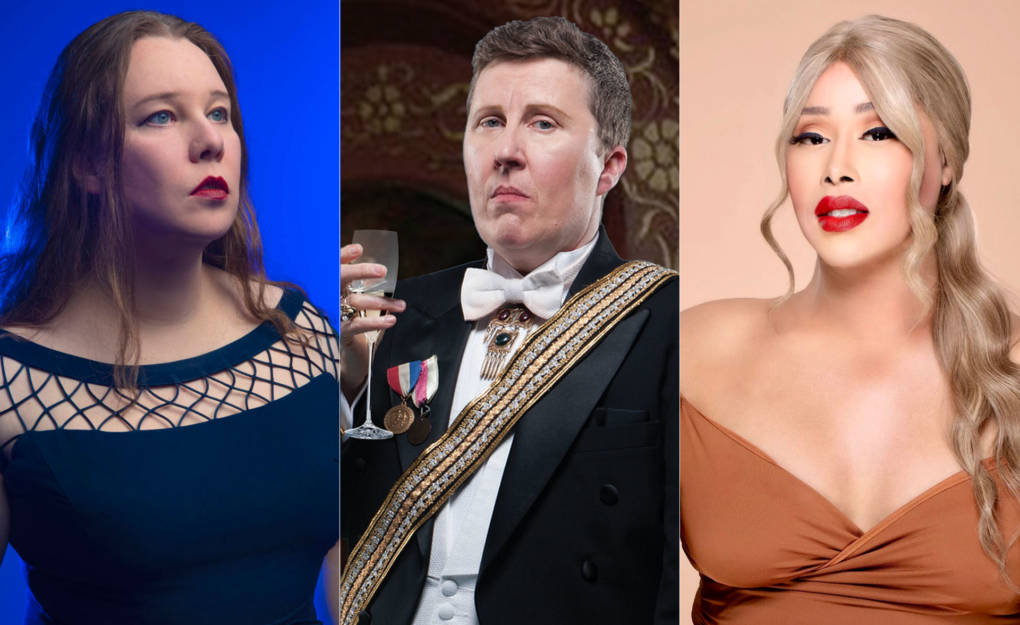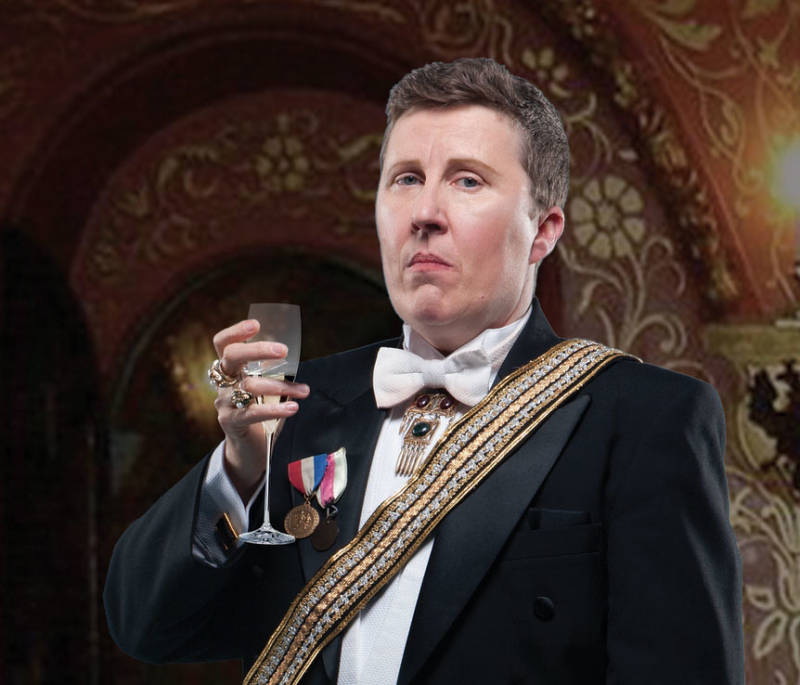Opera has a long history of gender play. Women have performed young male roles on stage for hundreds of years, like the lovesick youth Cherubino in Mozart's "The Marriage of Figaro."
Yet the industry still mostly observes rigid gender codes when it comes to casting.
But then ... there's Lucia Lucas.
The Sacramento-born-and-raised baritone made her debut in May as Don Giovanni with the Tulsa Opera, becoming the first transgender person to sing a lead role in a standard operatic work in the United States.
The New York Times sent a reporter. The Metropolitan Opera sent a casting representative. Lucas had a documentary crew following her around. And her dad, whom she hadn’t seen for a decade, flew in specially for the occasion.
“There was a lot of pressure to sing well,” Lucas said.
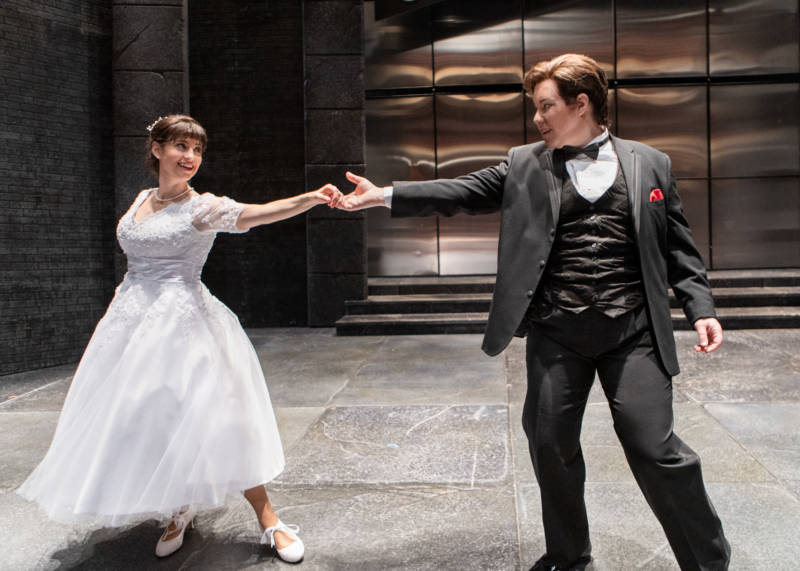
Lucas said she’d been wrestling with questions about her gender identity since she was a kid.
"My mom caught me with makeup," Lucas said. "My dad found my stash of girls clothes."
It was a difficult time.
Lucas started singing in high school. She sang baritone and mostly presented as a man. She almost came out as transgender in college. But her career was starting to unfold. And she fell in love with a fellow opera singer — a woman. They got married. So Lucas decided to put the decision off.
"I don’t know," she said. "I guess I just sort of thought maybe I can have this 'normal life.' "
Lucas moved to Germany in 2009 — where she still resides today — because there were more opportunities for opera singers there.
"There's so many people that would love to have that," she said. "To be a working artist, you know, where they make at least enough money to live and continue doing their art full time. But it wasn't fulfilling for me."
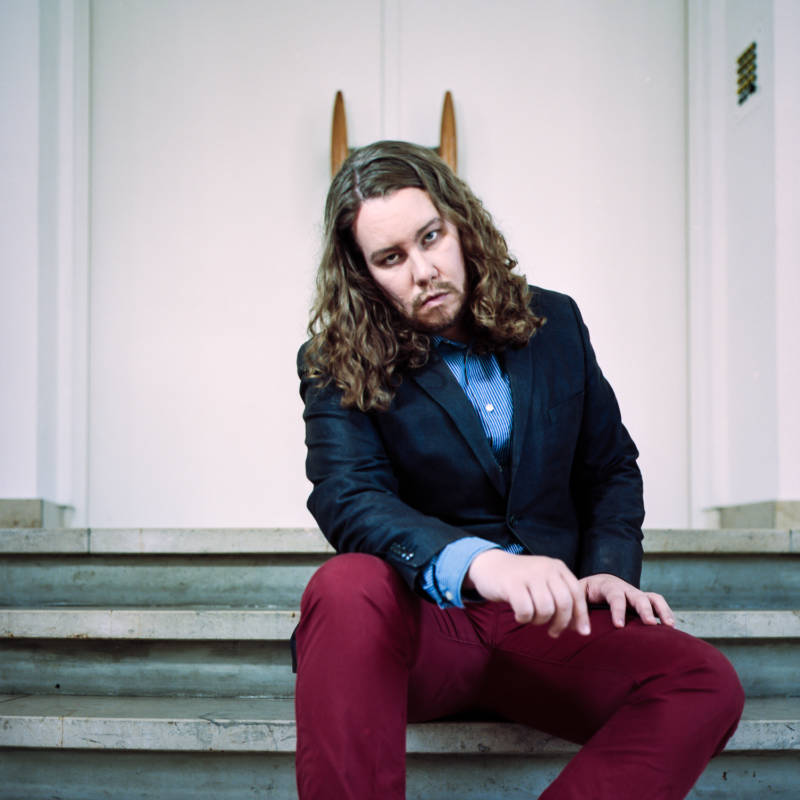
She was about five years into a steady, salaried job as a baritone with a highly regarded German opera house, the Badisches Staatstheater Karlsruhe, when she finally decided she had to come out.
Lucas chose the splashy opera ball for the occasion. It was May 2014. One of her company’s artistic directors, Jan Linders, said she made quite an entrance.
